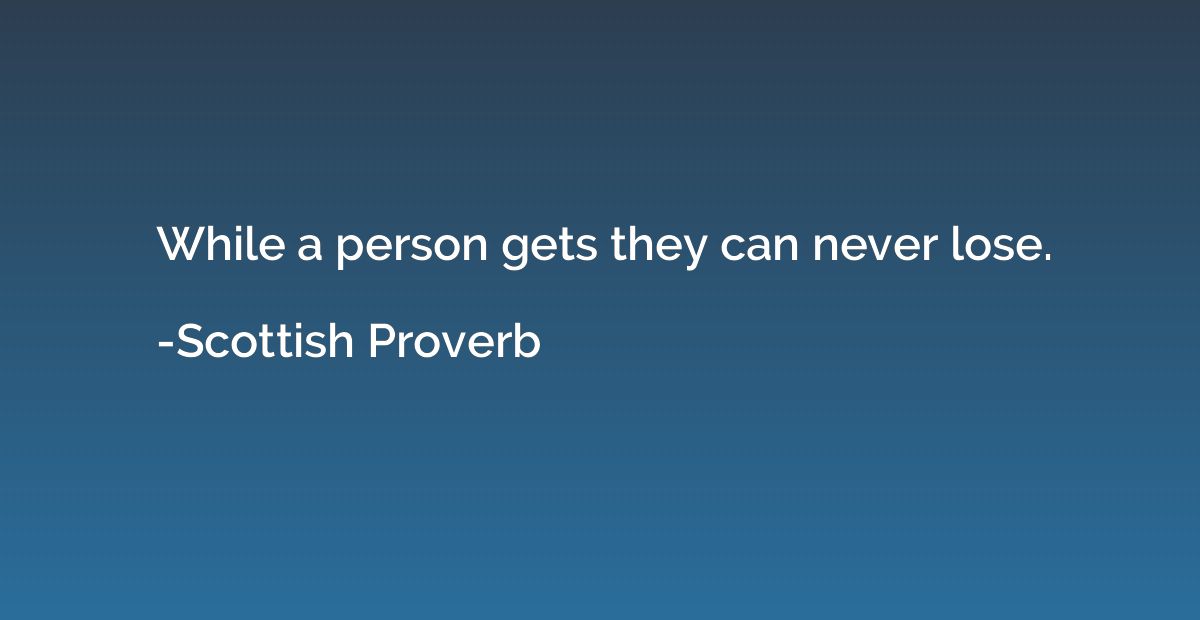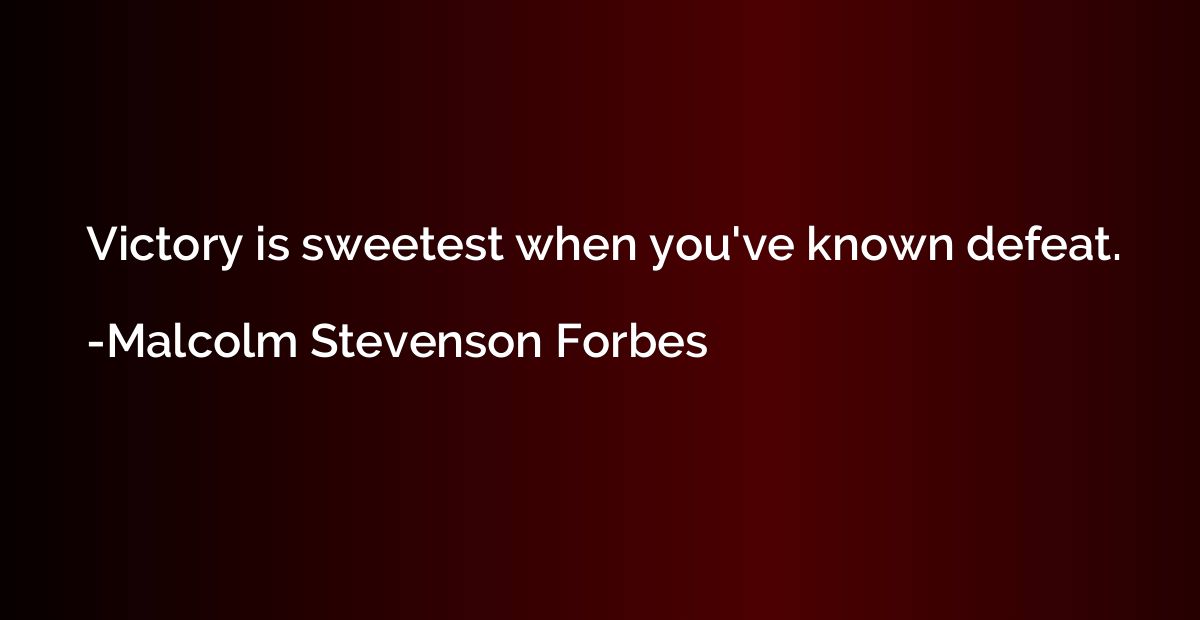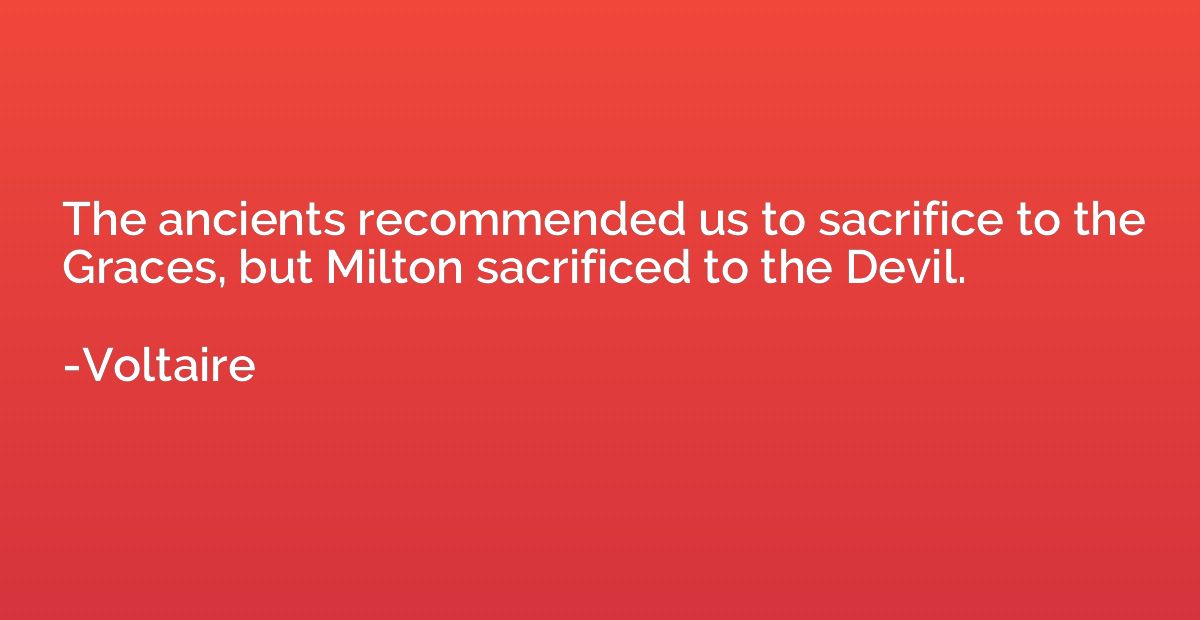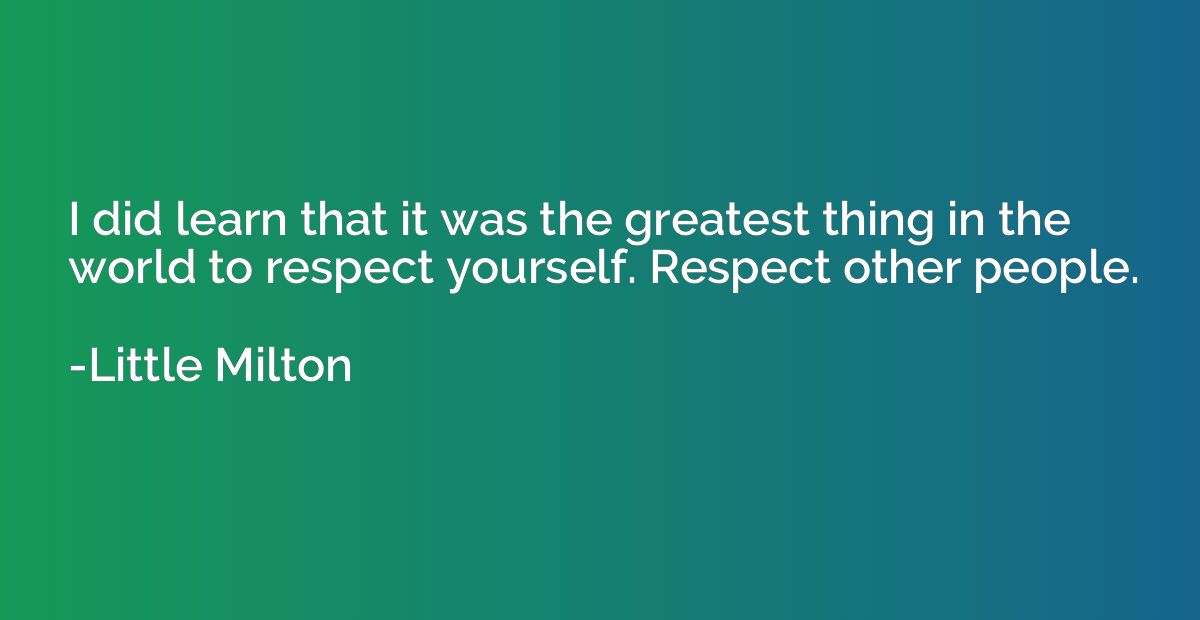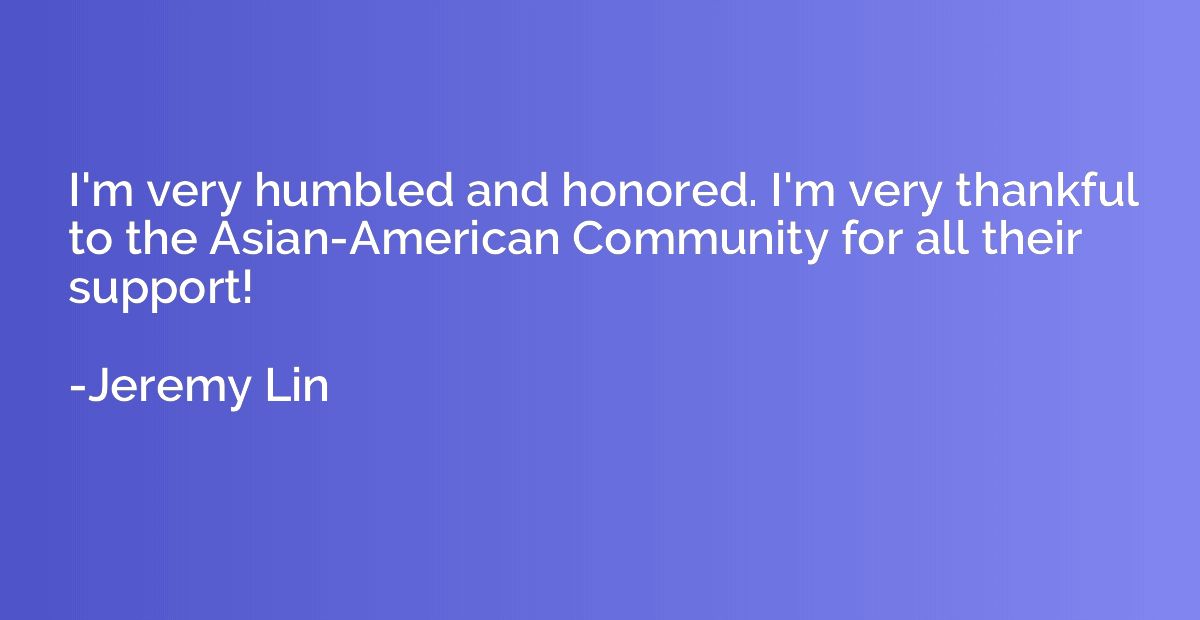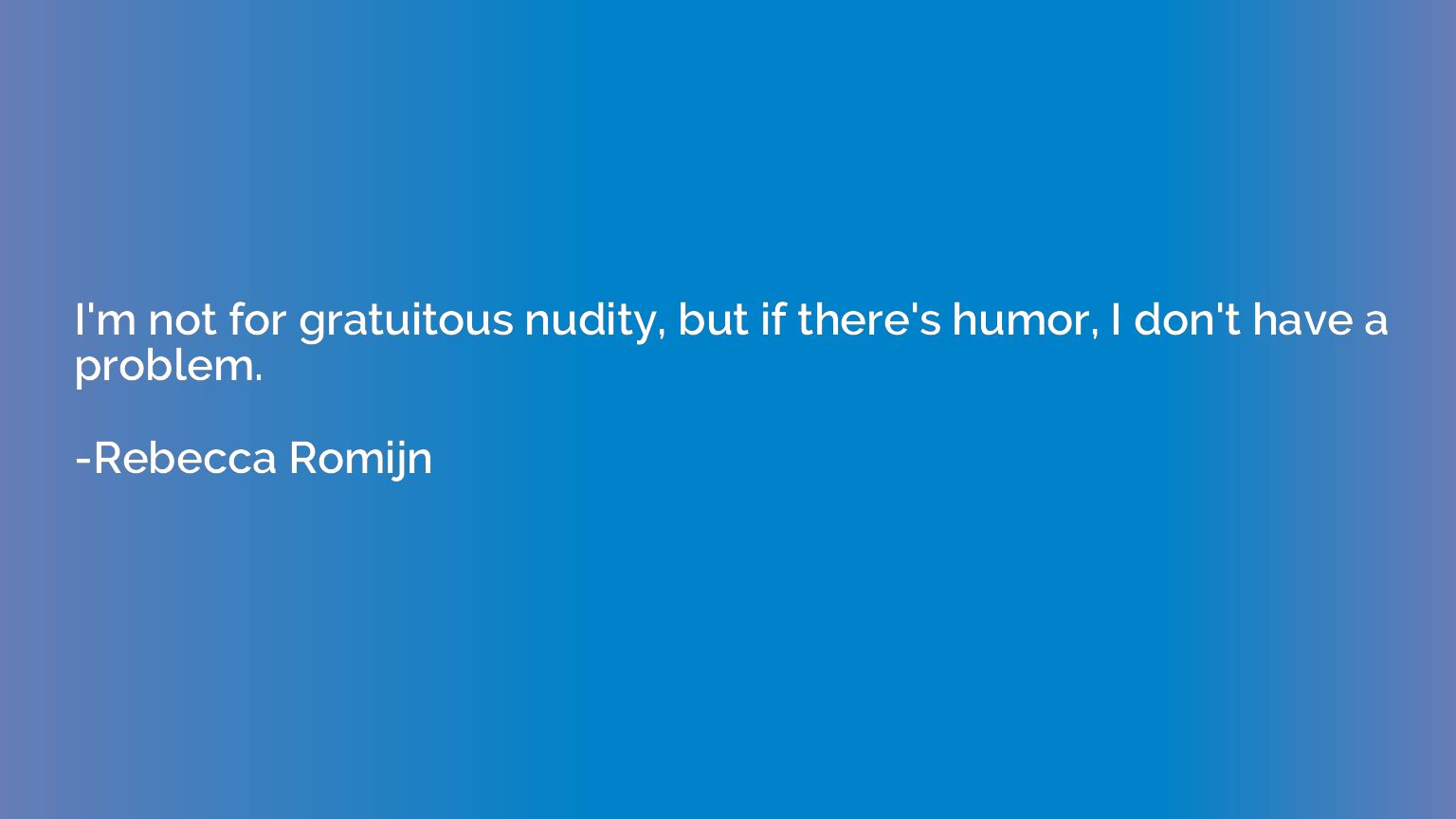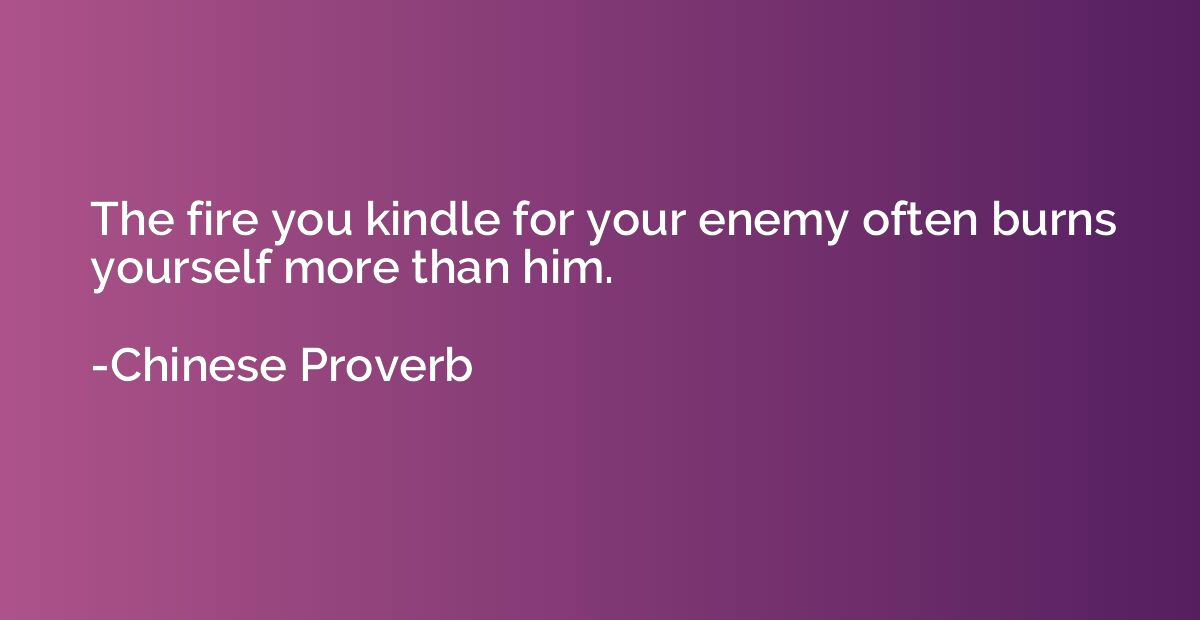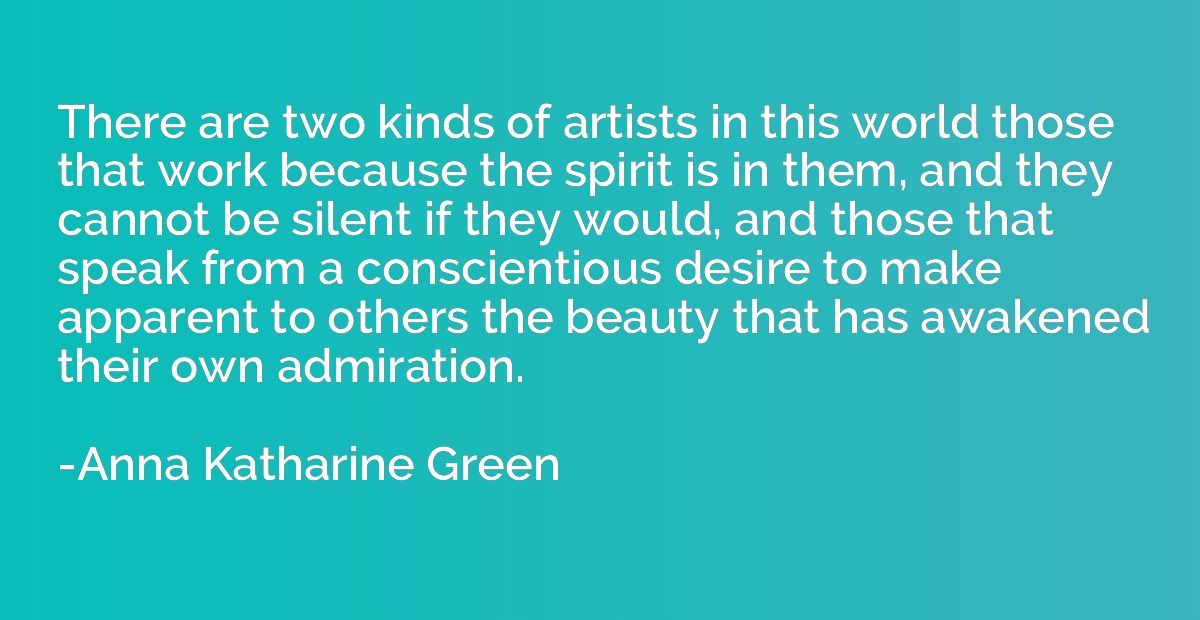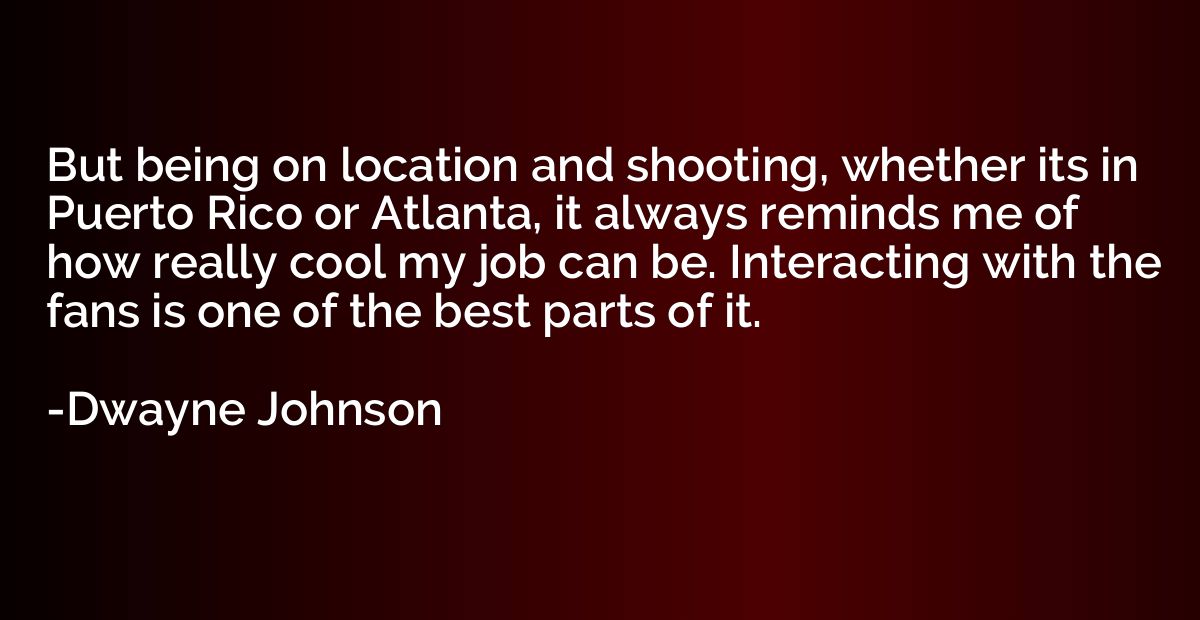Quote by Christopher Hitchens
Offered a job as book critic for magazine as a young man, Bellow had been interviewed by Chambers and asked to give his opinion about William Wordsworth. Replying perhaps too quickly that Wordsworth had been a Romantic poet, he had been brusquely informed by Chambers that there was no place for him at the magazine. Bellow had often wondered, he told us, what he ought to have said. I suggested that he might have got the job if he'd replied that Wordsworth was a once-revolutionary poet who later became a conservative and was denounced by Browning and others as a turncoat. This seemed to Bellow to be probably right. More interesting was the related question: What if he'd that job?
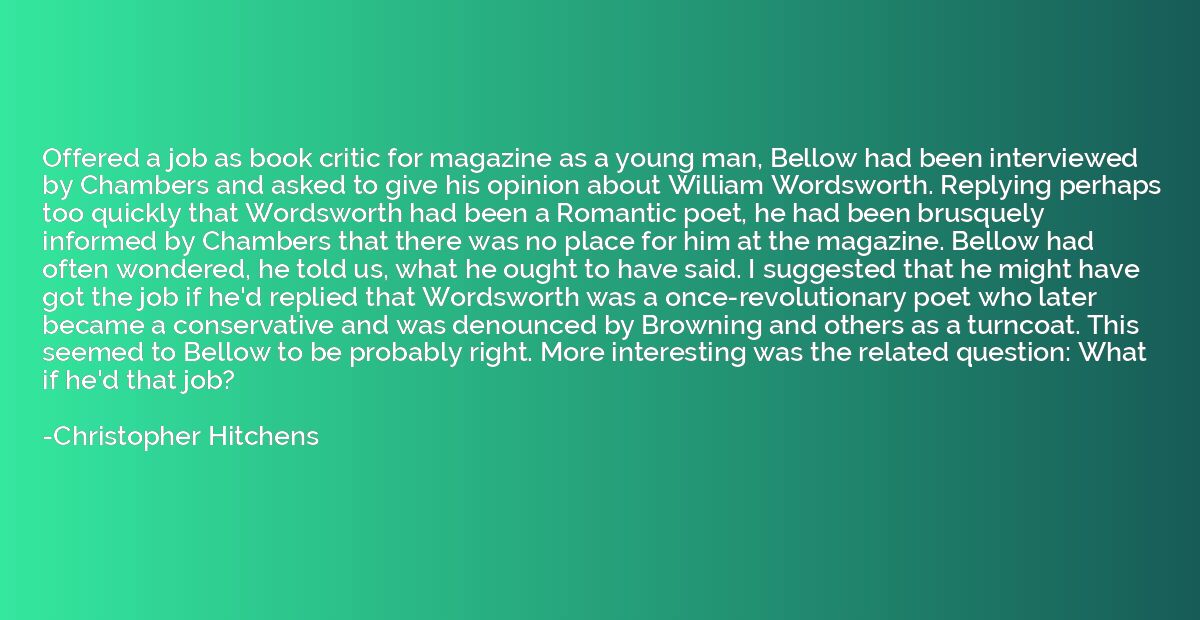
Summary
This quote explores the missed opportunity and ponderings of Saul Bellow, an aspiring book critic. During an interview, when asked about William Wordsworth, he hastily categorized him as a Romantic poet. However, he was promptly rejected for the job. Bellow often wondered what he should have said, and it is suggested that a more nuanced response discussing Wordsworth's evolution from a revolutionary to a more conservative poet may have impressed. This quote also raises the intriguing question of what might have happened had Bellow succeeded in getting the job.



